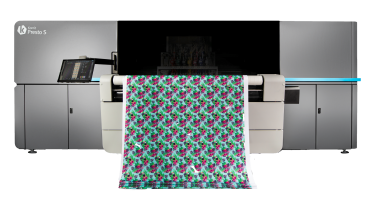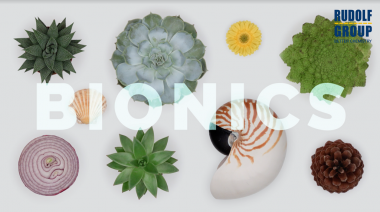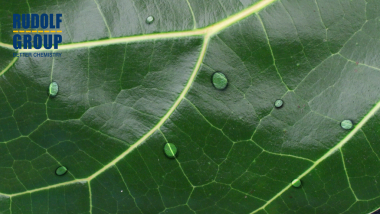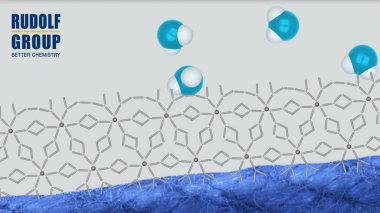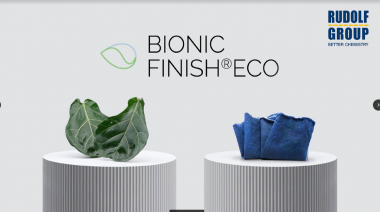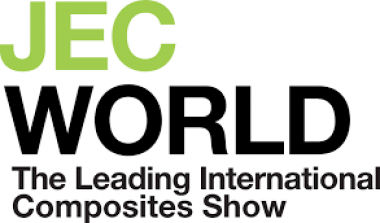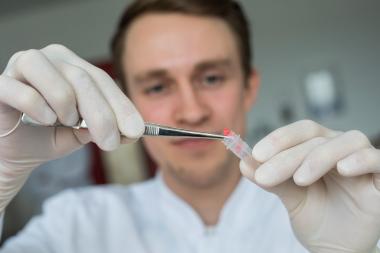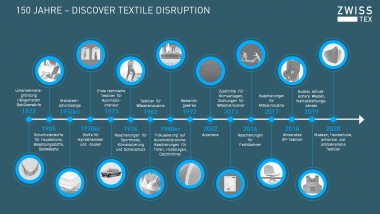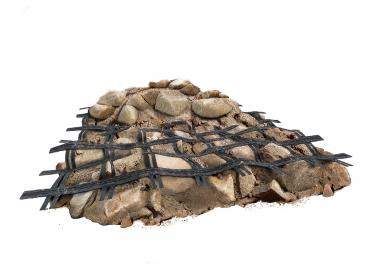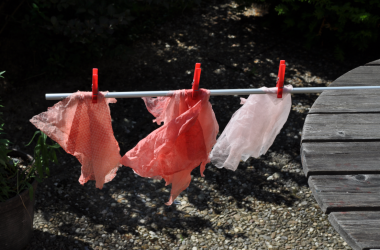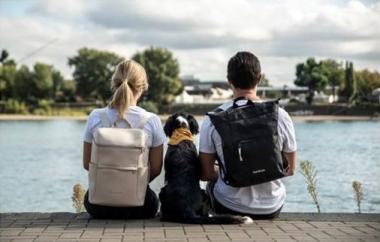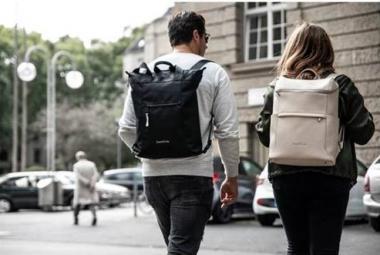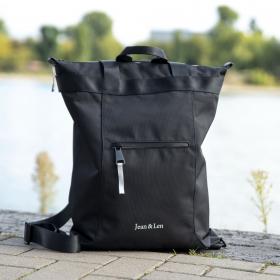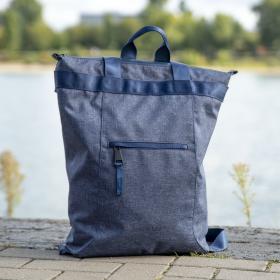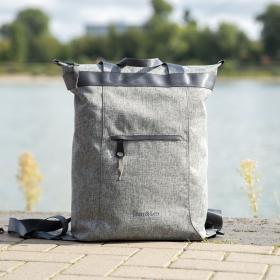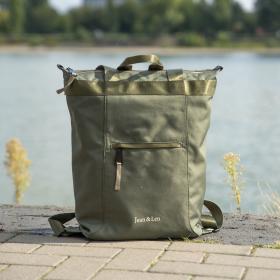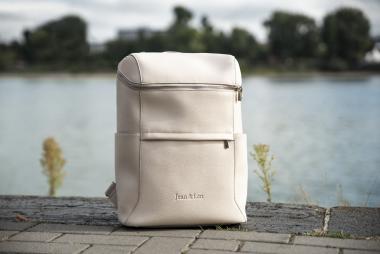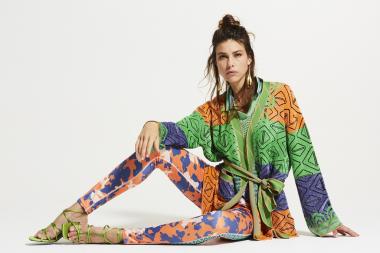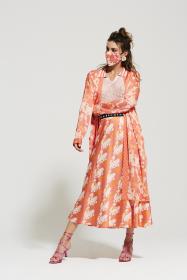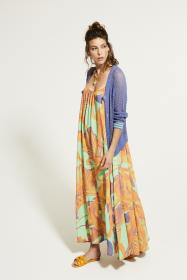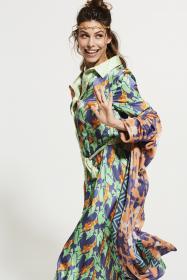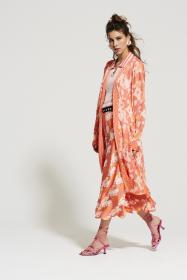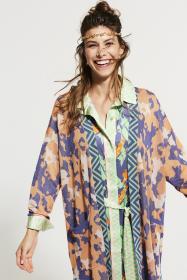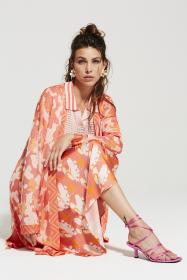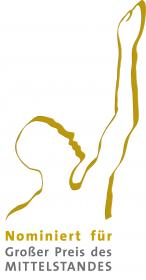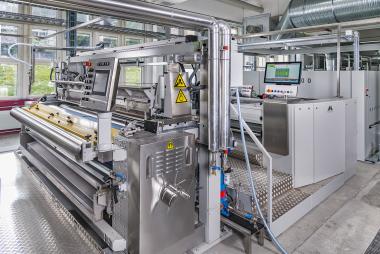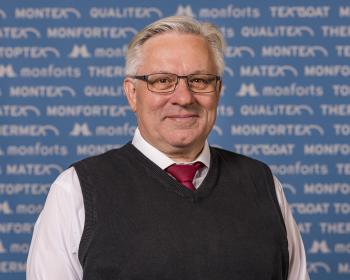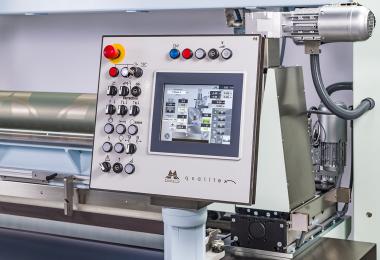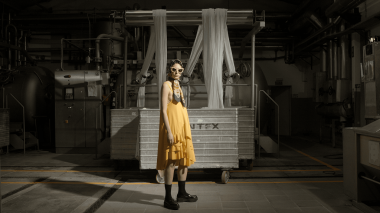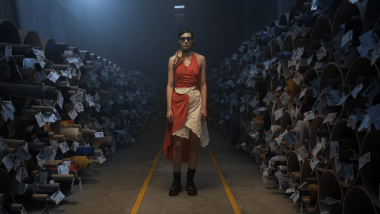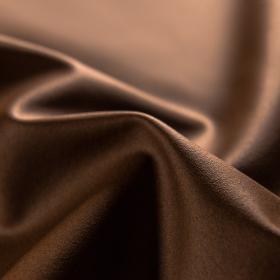Creazioni Digitali Implements Kornit Presto S
Kornit Digital announced Italy-based Creazioni Digitali, a printing service provider to some of the most prominent names in high-end fashion, is installing the Kornit Presto S with Softener Solution for rapid, pigment-based production on demand involving multiple fabric types in any quantity.
In addition to sublimation and acid and reactive dyes, Creazioni Digitali was one of the first textile providers to bring pigment printing to Italian fashion houses. In addition to providing more eco-friendly production processes, a shift towards pigment-based production is key to their expansion and industrial plans for 2021 to 2025.
Print-on-demand business models and pigment-based production are both effective means of reducing water use, and empowering fashion brands to align with international sustainability imperatives.
“We believe eco-friendly, pigment-based printing offers a wealth of possibilities for high fashion, and selected the Kornit Presto S based on its ability to deliver brilliant, high-quality imagery using the broadest color gamut, without need for pre- and post-treatments,” says Roberto Lucini, Owner and CEO of Creazioni Digitali. “We intend to grow our business as brands see what this technology can do, with the old calculations of quality versus responsible production practices giving way to a new landscape in which you can truly have both. This installation is one of more to come.”
pr4u


